Integrated and Participatory Water Resources Management - Practice
Description: A participatory and integrated procedure for the planning of water resources is presented and illustrated through its application to a real-world case study: the planning of a trans-boundary, multi-purpose, regulated lake. Methods and concepts from Hydrology, System Analysis, Optimal Control, Decision and Negotiation Theory are presented and framed in a comprehensive and coherent procedure for the efficient development of the decision-making process. Relevant theoretical and mathematical aspects are briefly presented for the non-expert reader, as well as all those practical details that are often omitted in texts, but that constitute the very essence of a project and make the difference between a successful project and a failure. The book provides practicing professionals, decision-makers and scientists with a complete, immediate example of application of the Integrated Water Resource Management paradigm. Readership: Undergraduate, graduate and PhD students, junior and senior researchers on all the university courses related to Water Engineering, Water Resource Management, Water Resource Planning, as well as practicing professionals (engineering consultants and water agencies)
{{comment.content}}
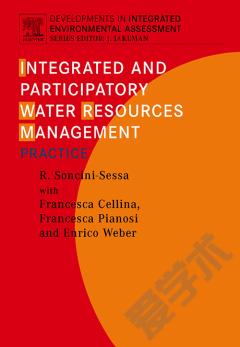
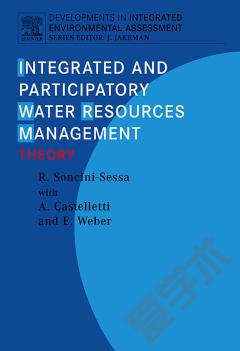


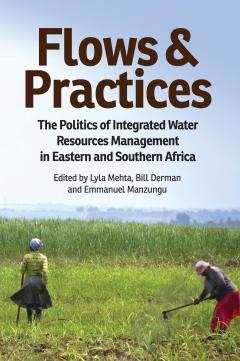
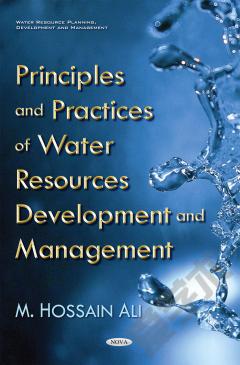
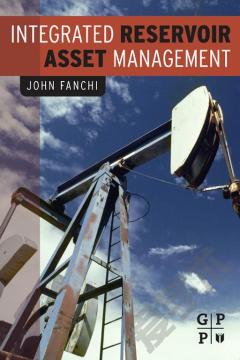

 京公网安备 11010802027623号
京公网安备 11010802027623号